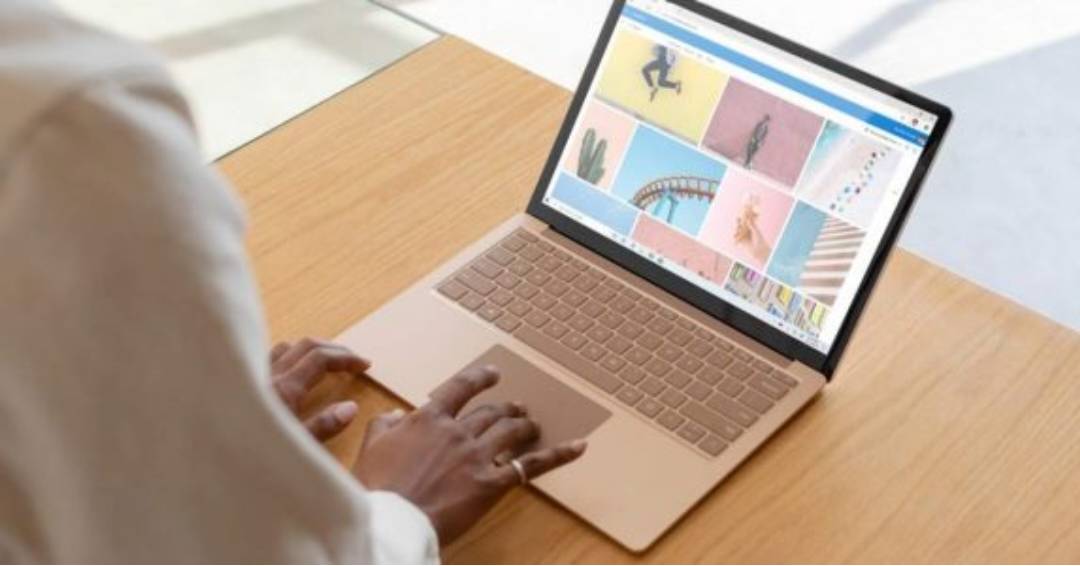
On Friday, the government of India decided to postpone the implementation of the import restriction order on laptops and computers, including tablet computers, until October 31. This move allows electronic companies more time to import these devices without requiring a license. However, starting from November 1, companies will need to obtain a government license to import these devices.
The decision to impose import restrictions was made on August 3, immediately putting these devices under a license regime. In response to industry concerns, the Directorate General of Foreign Trade (DGFT) issued an order stating that the notification from August 3 will only be effective from November 1.
According to the DGFT’s order, import consignments can be cleared without a license until October 31, 2023, for restricted imports. However, from November 1, a valid license for restricted imports will be mandatory. The order also provided a “liberal transitional arrangement” for importing laptops, tablets, all-in-one personal computers, ultra-small form factor computers, and servers until October 31, 2023.
This deferral comes as a relief to companies that were anxious following Thursday’s order. The government imposed these restrictions for security reasons and to boost domestic manufacturing, which may impact inbound shipments from countries like China and Korea. The measure will also enable closer monitoring of product origins.
This decision aligns with India’s focus on electronics manufacturing as a key priority for future growth ambitions, aiming to attract investments from global companies seeking to diversify their operations away from China. The PLI 2.0 (production-linked incentive scheme) IT hardware scheme has already registered 44 companies, with two more filing applications by July 31. The application submission deadline is set for August 30.

Post Your Comments